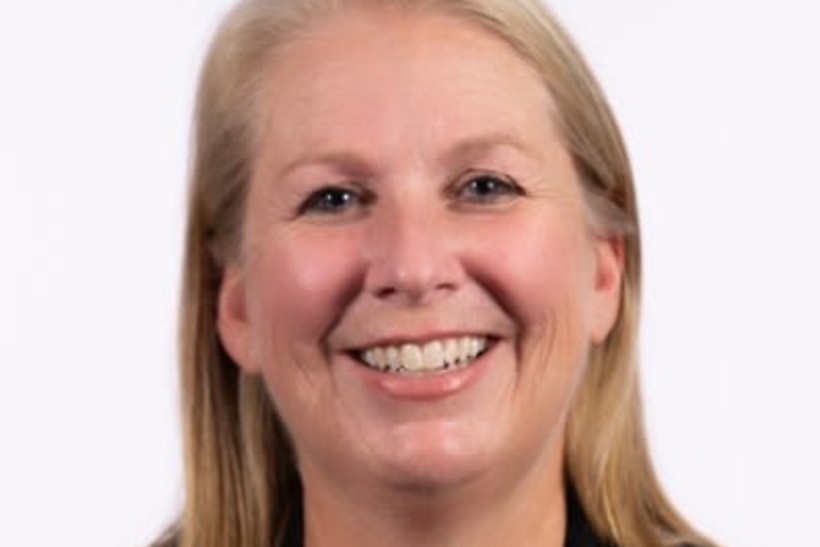
Financial advice firms that fail to attract, retain, and motivate their staff face an uphill battle. But there are proven strategies you can introduce to safeguard your most important asset – your people.
Elixir’s inaugural 2024 Advice Operations Research Report, which was produced in partnership with Colonial First State, shows the impact of good management on the profitability of an advice business.
One of the major themes to come out of that research is how advice practices manage their people, from involving them in strategic discussions to remuneration and partnership opportunities for staff.
Based on a survey of more than 720 advisers from 171 advice practices across Australia, the report has laid the groundwork for a deeper discussion we’ve been having with advisers across Australia about recruitment and retention.
Attracting the right people is one of the most challenging aspects of running a business. For small advice practices looking to scale, it can be particularly difficult.
Remuneration needs to be competitive, but there are other aspects to overall compensation, employee rewards and benefits that practices can consider when attracting, nurturing, and retaining their teams.
We know there is strong demand for this. A recent Money Management article reported that finding and recruiting staff is the biggest challenge for 76 per cent of Australian advisers, while staff retention is the greatest challenge for more than half the industry.
We are now looking at the solutions to these issues – practical strategies and actionable insights that advisers can implement this year to materially improve their profitability.
Business skills
Most advice principals are small business owners. But the ins and outs of running a small business typically take a backseat to the primary activity of being a financial adviser. They are two distinct disciplines.
When the CFS 10x team sat down to think about how we could help advisers address their “people problem”, we knew we needed to bring the experts in. In an upcoming webinar later this month, I’ll be chatting with Dr Craig West, a business valuation and exit planning consultant who has been advising business owners for over 20 years. One of his key areas of expertise is driving business profitability and performance through employee engagement, equity, and retention strategies.
Getting employees to think like business owners
Elixir’s 2024 Advice Operations Research Report found a variety of approaches to employee share ownership among the advisers surveyed. While the majority (35 per cent) of advice firms do not have a formal share ownership mechanism in place, 13 per cent offer shares at a pre-determined price and 2 per cent have an Employee Share Plan as part of remuneration. Additionally, 4 per cent have considered implementing a plan but haven’t formalised it, while another 4 per cent aim to do so in the future.
It is a common misunderstanding that equity ownership is only financially viable for medium to larger sized businesses and a key reason why employee share ownership plans are not used more widely. However, there are equity options that even small businesses can access and will help to drive an ownership mindset and high performance within your team.
Planning for an exit
Strategic resourcing is about making sure you have the right people for your business at the right time. With many advisers considering their succession plans, it’s important to consider whether you have the right team in place for the next phase of your journey.
There are real benefits to starting succession planning sooner rather than later. For one thing, it’s a way of safeguarding the future of the firm for the next owner, even if a sale or merger is many years away.
There are many difficult decisions that need to be made by business owners planning an exit. Getting the right advice, learning from others, and taking your time are all essential to ensuring a smooth transition when the time comes.
Make time to plan
Whatever stage you’re in on your journey as a financial adviser, it’s the people around you who matter the most. Cultivating a great culture and building a dynamic team of professionals is a fantastic and rewarding adventure that doesn’t need to be a burden.
Setting aside some time to think about who you’d like to be as a leader, the team you wish to build, and the business you want to grow is a good place to begin mapping out your plans for the year ahead.
I’ve only covered two in this article, but there are so many great strategies that practices can begin implementing.
Jackie Clark is director of education, engagement and events at CFS.
Never miss the stories that impact the industry.